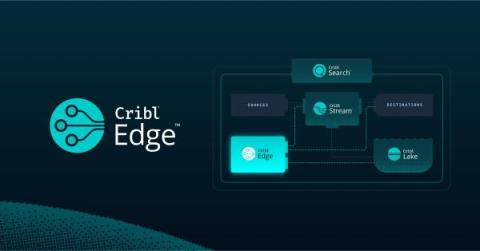Introducing the Elastic distribution of the OpenTelemetry Java Agent
As Elastic continues its commitment to OpenTelemetry (OTel), we are excited to announce the Elastic distribution of the OTel Java Agent. In this blog post, we will explore the rationale behind our unique distribution, detailing the powerful additional features it brings to the table. We will provide an overview of how these enhancements can be utilized with our distribution, the standard OTel SDK, or the vanilla OTel Java agent.











